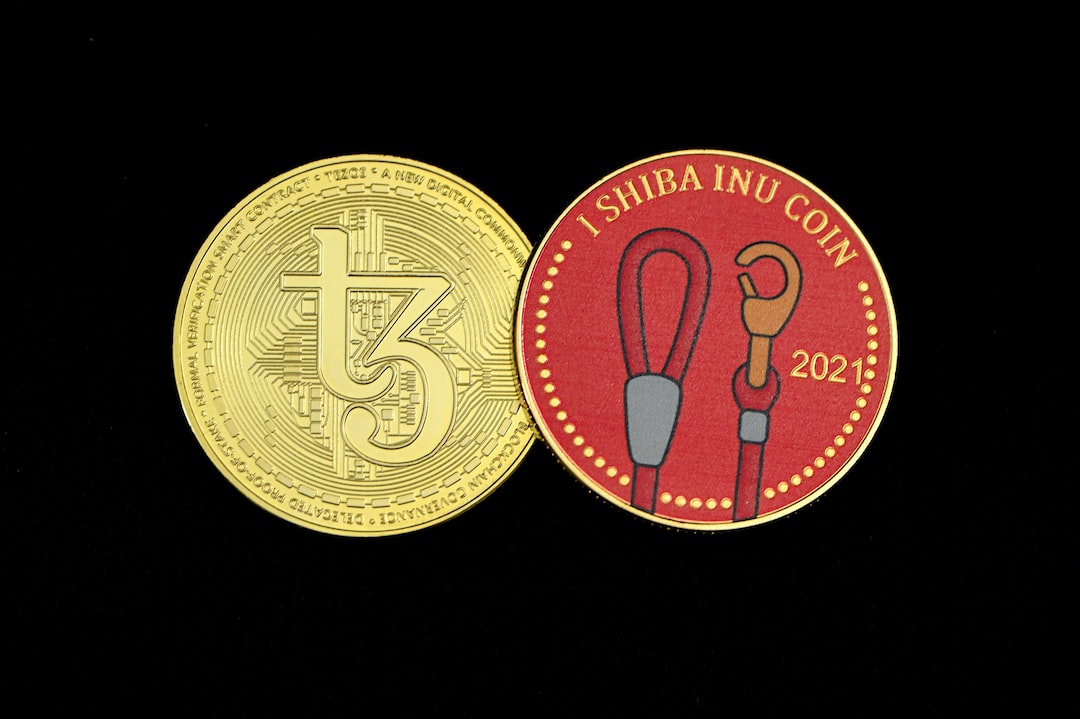ICO vs IPO: Key Differences and Similarities in Fundraising Methods
Are you considering investing in a new venture? Or perhaps you’re an entrepreneur looking for ways to raise funds for your groundbreaking project? In today’s fast-paced digital era, the traditional Initial Public Offering (IPO) method has gained a new competitor – Initial Coin Offering (ICO). Both methods offer unique opportunities for investors and entrepreneurs, but they also have their share of differences and similarities to consider. Let’s delve into the key factors that differentiate and unite ICOs and IPOs.
Differences in Regulations
One significant distinction between ICOs and IPOs lies in the regulations governing each. Traditional IPOs are subject to rigorous legal requirements and regulatory oversight from government authorities such as the Securities and Exchange Commission (SEC). These regulations are in place to protect investors from fraudulent activities, ensure transparency, and maintain market integrity.
On the other hand, ICOs, being a relatively new fundraising method, operate in a much more unregulated space. While this allows for greater flexibility and faster fundraising, it also exposes investors to higher risks of scams and fraud. Due to the lack of regulatory oversight, it is important to thoroughly research an ICO project and its team before investing.
Investment Accessibility
When it comes to investment accessibility, ICOs have a significant advantage over IPOs. ICOs have revolutionized the fundraising landscape by allowing small retail investors to participate in early-stage investments that were previously only available to venture capitalists and accredited investors. This democratization of investments has opened doors for a wider range of individuals, providing opportunities for the general public to invest in promising projects at an early stage.
In contrast, IPOs typically have a higher barrier to entry. They require significant capital and often prefer to attract institutional investors and high-net-worth individuals due to their ability to provide substantial investment sums.
Fundraising Speed and Cost
If speed and cost-efficiency are vital factors for you, then ICOs might be the more attractive option. Unlike IPOs, ICOs have a streamlined fundraising process that can be executed relatively quickly. This agility and flexibility allow projects to raise funds in a matter of days or weeks, whereas IPOs can take several months, even years, to complete.
Additionally, the cost associated with conducting an ICO is generally lower compared to an IPO. ICOs typically involve minimal fees and have fewer intermediaries involved, allowing more capital to be allocated towards project development and expansion.
Similarities in Raising Capital
While there are clear differences between ICOs and IPOs, they both serve the fundamental purpose of raising capital for businesses. Both methods provide a platform for entrepreneurs to secure necessary funding for their ventures, enabling them to bring their ideas to fruition.
Furthermore, both ICOs and IPOs offer investors the potential for significant returns on their investments. By investing in a successful ICO or IPO, you can become an early adopter of groundbreaking technologies or partake in the growth of established companies, opening doors for future financial gains.
Final Thoughts and FAQs
Considering the key differences and similarities between ICOs and IPOs, it is crucial to evaluate your own investment preferences and risk tolerance before making a decision. If you prioritize accessibility, flexibility, and the potential for quick returns, ICOs might be the right choice for you. However, if you prefer a more regulated and proven investment environment, IPOs could be a safer bet.
FAQs:
Q: Are ICOs legal?
A: While ICOs operate in a less regulated space, their legality varies by jurisdiction. It is essential to familiarize yourself with the laws and regulations of your country before participating in any ICO.
Q: Why do some ICOs fail?
A: The lack of regulatory oversight and the relatively new nature of ICOs make the space prone to scams and fraudulent activities. It is crucial to conduct extensive due diligence to identify potential red flags and invest in projects with solid teams, innovative ideas, and clear roadmaps.
Q: Can anyone invest in an IPO?
A: IPO investments are typically limited to accredited investors or institutional investors due to their higher barrier to entry and significant investment requirements. Retail investors may gain access to IPOs once the company starts publicly trading.
Q: What are the risks associated with ICOs?
A: Investing in ICOs comes with inherent risks, such as scams, fraud, and projects failing to deliver on their promises. It is important to only invest what you can afford to lose and to thoroughly research each project before making any investment decisions.
Q: Are IPOs safer than ICOs?
A: While IPOs offer a more regulated and proven investment environment, they are not without their own risks. The performance of IPOs is subject to market conditions and company-specific factors, making investing in IPOs inherently risky as well.
Q: Are there any guarantees in investing in ICOs or IPOs?
A: No investment comes with guarantees of returns. Both ICOs and IPOs carry risks, and it is important to carefully evaluate each opportunity and diversify your investment portfolio to mitigate potential losses.





 By
By

 By
By

 By
By